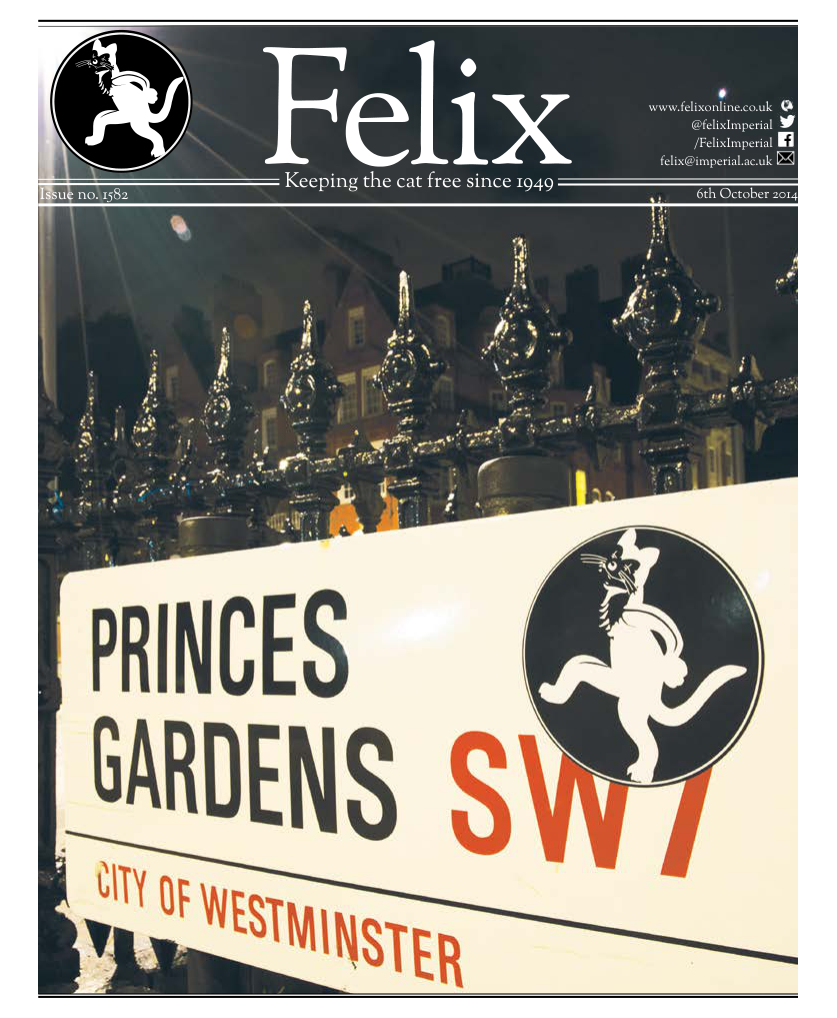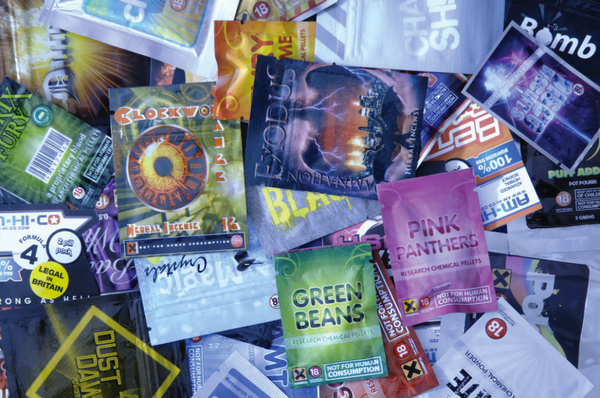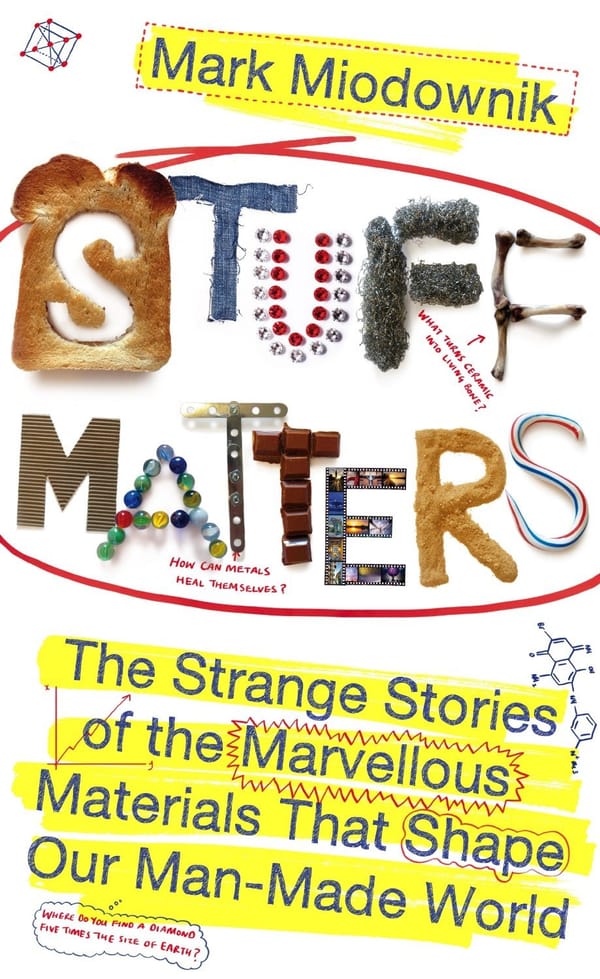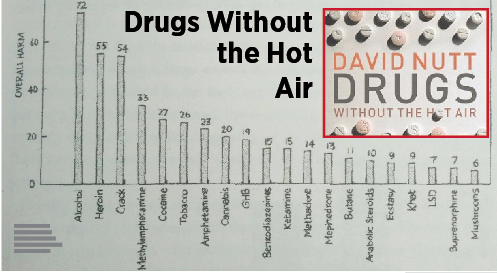“I came from a generation that thought that misery and intellect were synonymous."
Ben Fernando interviews Tom Welton, the new Dean of Natural Sciences from January 2015.
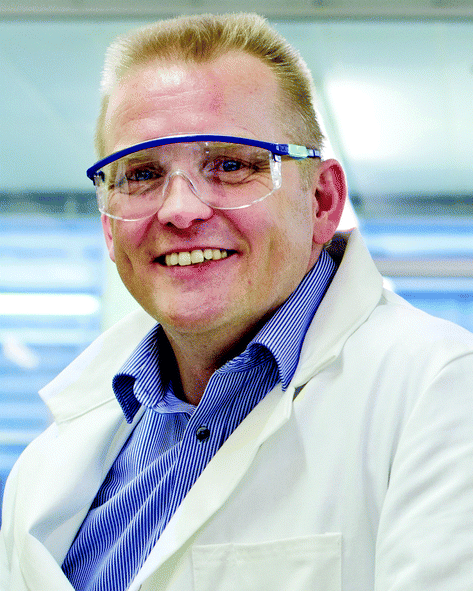
BF: Why don’t you tell me a little bit about yourself, and why you want to be the next Dean?
TW: I grew up in North London on a council estate, and today turning up at the place that when I was young was the place to be to study science still shocks me. I do my research and my teaching, but how can I make someone else feel like that when they’re here? I want to make other people want to come here.
I went to Sussex, having missed my offer to Bristol. This was pretty lucky, as Harry Kroto [discoverer of Buckminsterfullerene] was my Physical Chemistry tutor. I remember the first time that he came in and told me: “it’s a football”. Looking back now, that was a real ‘blow your mind moment’.
I’m an inorganic chemist by training. I’ve been at Imperial for quite a while now. When I started there hadn’t been a job for an inorganic chemist advertised in the country in years, then all of a sudden all the top departments advertised within a couple of weeks of each other. The first one that I went to interview at was Durham, and before the interview one of the other candidates asked me where I would go if I could to do any of the top four Chemistry departments in the UK. Rather cheekily, I said Imperial! I guess that’s why I want to be Dean, because I cared even before I started here.
BF: So what are your big ideas for the faculty?
TW: Well to start, let me just say that we’re not broken – what we’d be doing is guilding the lily, working upon something that’s already highly successful. We want to promote openness and inclusion.
I also want to remind people that a career in science isn’t a golden conveyor belt – I didn’t go to my first choice university, and I didn’t get a first class degree, or make the initial probation. Fundamentally I think that people need to be reminded that those of us doing science aren’t the brightest and the top of our class with a completely omnipotent personality, we’re human too. We struggle when we need to and find it easy when we need to. Sometimes I think that as an institution that doesn’t come across.
I’d also like to change the culture to be a little more welcoming. If I see someone in welcome week trying to find a building named after a dead person, I always try to give them a hand. That doesn’t always happen, but we should try and maybe be a little less competitive. Hopefully Imperial will be a little more welcoming, a little bit better tomorrow than it was yesterday.
BF: So that quite clearly links to student involvement, what would you change that students would want to see improved, for example mental health support?
TW: Well this is a difficult one. I think that the college’s crisis management support services are fantastic, but the problems come before that stage. We need a mutually supportive environment, where the little things matter. You’re never too busy to be nice to someone!
It’s weird really. I’m always happy, but I came from a generation that listened to the Smiths and thought that misery and intellect were synonymous, whilst negative emotions were the only profound ones. I think that we need to make sure that we challenge these ideas, some of which still persist today. A lot of the time the assumption is that because I’m happy I must be thick – it just doesn’t work like that!
BF: So if you ever got a student knocking on your door as Dean, you wouldn’t turn them away?
TW: God no! I never mind being stopped by students.
BF: Hmm. So, what do you think of Imperial West and Acton?
TW: What a fantastic opportunity! When it stops being a concept and starts being a thing, it’ll be brilliant. With regard to Acton, I understand why students are a little weary. What happens there depends on lots of things, and whilst it might feel now like a bit of a bum deal, buildings last a long time! They grow, and maybe in the future they’ll seem better.

